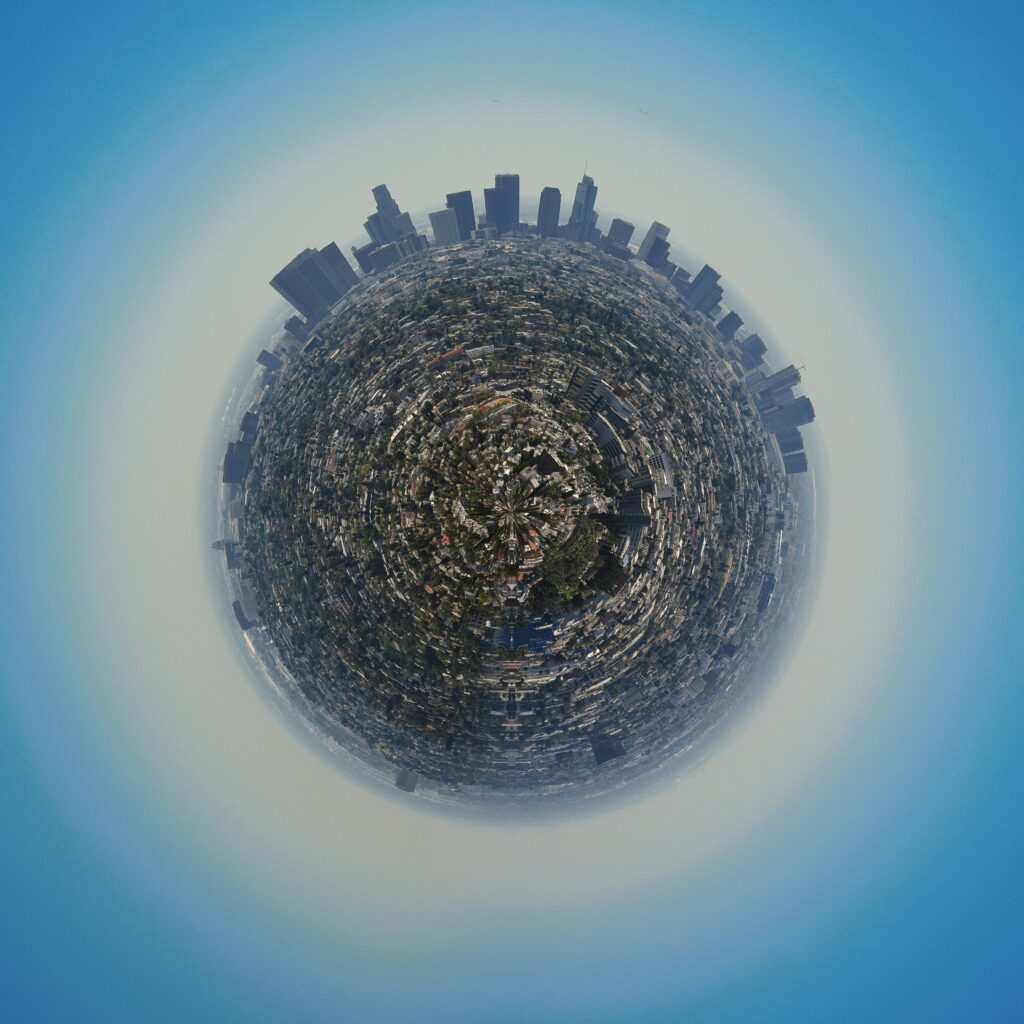Hashim Mumtaz MD, Oshkosh, USA

There has been much emphasis lately in the scientific world on our “consciousness being an illusion” and that our world or “life as we know it” is nothing more than a computer simulation; a clever collection of 1s and 0s. Though it doesn’t take away the fact, even from a purely secular standpoint, it’s the one life we get to live.
Complicated as it may sound, the argument appeals to our limited intellect, stemming from our understanding as creators of computer software and the coding industry.
The Holy Quran, a religious scripture for all times and eras, revealed to the master Prophet Muhammadsa tells us:
وَاللّٰہُ خَلَقَکُمۡ وَمَا تَعۡمَلُوۡنَ
“Whereas Allah has created you and [also] your handiwork?” (Surah as-Saffat, Ch.37: V.97)
From a religious standpoint, it may be easy to conclude that we create anything with the help of an Almighty God, but science may take a different approach. Regardless, modern science cannot rule out the possibility of such an Immortal Being Who is behind all the observable scientific evidence that we can gather from our instruments and handiworks, of His creation.
In some recent work by Michael Vopson, a physicist at the University of Portsmouth, UK, he stated that looking for a kind of “source code” of the universe could provide a more compelling pathway for proving our artificial existence. However, one can’t help but surmise that this idea approaches the level of pseudoscience or even a kind of religion in itself. It’s almost unbelievable how much of a difference it makes when asserting that some advanced artificial intelligence or alien species created, or at least manipulated our existence and consciousness versus an all-powerful God.
Let’s delve into the history of this a bit to analyse what early scientists thought of reality. In the early 4th century BCE, Ancient Greek philosopher and thinker, Plato described the “Allegory of the Cave”, an idea that reality could be a little more than shadows dancing upon a cave wall.
Fast forward to our times, scientists are still pondering over this, though in more complex ways. In 2003, University of Oxford philosopher Nick Bostrom proposed that what humans perceive as reality was actually a hyper-advanced simulation that was created by beings with almost infinite technological capability. Since then scientists have toyed with the idea of finding a fault or a “glitch” in the simulation, or even so, more audaciously to “escape the simulation altogether”.
Scientists think that the idea that we live in a simulation can be proven via discovery of a distant region within the universe that cannot be “zoomed in to”. However even with the aid of the most powerful telescopes like the James Webb, this has not been achieved. I cannot help but mention that in the 7th century Arabia, Prophet Muhammadsa was revealed this advanced scientific truth in the well known verse:
الَّذِیۡ خَلَقَ سَبۡعَ سَمٰوٰتٍ طِبَاقًا ؕ مَا تَرٰی فِیْ خَلْقِ الرَّحۡمٰنِ مِنۡ تَفٰوُتٍ ؕ فَارۡجِعِ الۡبَصَرَ ۙہَلۡ تَریٰ مِنۡ فُطُوۡرٍ
“Who has created seven heavens in grades. No incongruity canst thou see in the creation of the Gracious [God]. Then look again: Seest thou any flaw?” (Surah al-Mulk, Ch.47: V.4)
To this challenge, science has fallen short thus far but ideas and efforts on finding a “fault” continue.
Philosopher Paul Francheshi added to this by saying “Of course an even more advanced simulation could roll back time, erase the flaw and then restart the simulation.”
While the ridiculousness of this idea can be debated amongst philosophers and science fiction addicts alike, one can’t help but wonder if restarting the simulation in which we are perhaps nothing more than a bunch of 1s and 0s, will delete us or reboot our consciousness. Maybe that’s what everyone needs in order to believe in the Almighty God. The Holy Quran questions this sort of thinking by asking the fundamental question:
اَمۡ خُلِقُوۡا مِنۡ غَیۡرِ شَیۡءٍ اَمۡ ہُمُ الۡخٰلِقُوۡنَ
“Have they been created for nothing, or are they themselves the creators?” (Surah at-Tur, Ch.52: V.36)
Finally coming back to the “source code” theory by Vopson in his 2023 article for The Conversation, the code, known more specifically as the “Second Law of Infodynamics”, states that information entropy “must remain constant or decrease over time – up to a minimum value at equilibrium,” Similarly, the universe also strives for symmetry rather than asymmetry thus acting as a kind of optimisation program or a “most effective data compression” program.
Although an intriguing idea, Vopson argues that the “Second Law of Infodynamics”, as well as further study into the simulation hypothesis requires more research to come to a definite conclusion.
While the scientific community waits for such research, we hold onto the inevitable truths given to us in the most perfect revelation given to us and surely we will all find out sooner or later, since there is no controversy about the inevitability of death.
فَسَتُبۡصِرُ وَیُبۡصِرُوۡنَ
“And thou wilt soon see and they [too] will see.” (Surah al-Qalam, Ch.68: V.6)
After all, for the believers, living this life is all about the hereafter and hopes of meeting our Supreme Creator that we call Allah, our beloved God to whom we will all return!

